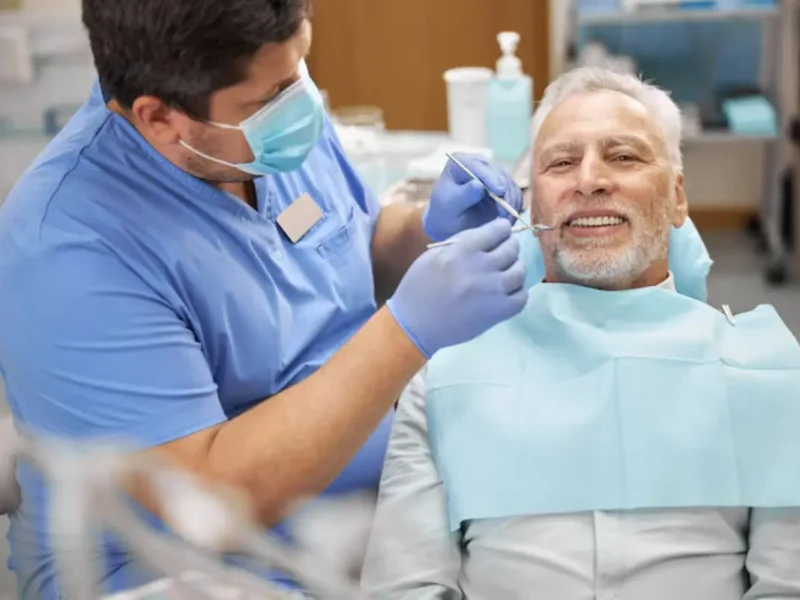In a world filled with challenges and temptations, safeguarding the well-being of our young women has never been more crucial. As they navigate the complexities of adolescence and young adulthood, they are particularly vulnerable to the allure of addictive substances and behaviors that can derail their futures.
Let’s delve into six key strategies aimed at preventing addiction in young women, offering insights and guidance to empower them to make healthy choices and thrive.
Contents
Education and Awareness
Education and awareness form the cornerstone of addiction prevention efforts, equipping young women with the knowledge and understanding they need to recognize the risks and consequences of substance abuse. Comprehensive drug education programs in schools and communities provide accurate information about the effects of drugs and alcohol on the body and mind, as well as strategies for resisting peer pressure and making responsible decisions.
By arming young women with factual information and empowering them to make better and informed choices, we can help prevent the onset of addiction and minimize its impact on their lives. Through open dialogue and honest communication, we can create a culture of awareness and accountability that supports young women in making healthy choices and avoiding the pitfalls of substance abuse.
Identifying and Addressing Risk Factors
Recognizing the risk factors that contribute to addiction is essential for early intervention and prevention efforts. For young women, risk factors may include a family history of addiction, trauma, mental health disorders, peer pressure, and societal influences. By identifying these risk factors early on, parents, educators, and healthcare professionals can intervene proactively to mitigate their impact and provide support and resources to at-risk individuals.
Heroin addiction, in particular, poses a significant risk to young women, as it can quickly spiral out of control. By addressing risk factors such as trauma, mental health issues, and social pressures, we can help young women avoid the lure of heroin and other dangerous substances.
Building Resilience and Coping Skills
By fostering resilience through positive relationships, healthy coping mechanisms, and opportunities for personal growth and development, we can empower young women to face adversity with strength and determination.
Encouraging young women to participate in activities that promote self-esteem, self-expression, and self-care can also help build resilience and reduce the likelihood of substance abuse. Whether through sports, hobbies, creative pursuits, or community service, finding meaningful outlets for expression and connection can provide young women with a sense of purpose and fulfillment that transcends the fleeting allure of drugs and alcohol.
Promoting Mental Health and Well-being
Many young women turn to substances as a way to handle their mental health issues like anxiety, depression, and trauma. By prioritizing mental health education, destigmatizing seeking help, and providing access to affordable and quality mental health services, we can address these issues at their root and reduce the likelihood of young women turning to drugs or alcohol as a form of self-medication.
Teaching young women healthy coping mechanisms and stress management techniques can empower them to navigate life’s challenges without resorting to substances. Activities like mindfulness, meditation, journaling, and therapy can all promote mental well-being and resilience.
Creating Safe and Supportive Environments
Creating safe and supportive environments is crucial for preventing addiction in young women. This includes fostering positive relationships with family, friends, and mentors who provide encouragement, guidance, and accountability. It also involves creating communities and social networks that promote healthy lifestyles and values.
Schools, communities, and workplaces can also help create environments that support young women’s well-being. This can involve implementing policies and programs discouraging substance abuse, providing resources and support for needy individuals, and fostering a culture of inclusion and acceptance.
Women-Only Sober Living Homes After Rehab
After completing rehab, many young women benefit from transitioning to a women-only sober living home. These environments offer a supportive and structured living arrangement where women can continue their recovery journey in a safe and empowering setting. Women-only sober living homes provide a sense of community and sisterhood, allowing residents to share their experiences, support each other, and hold one another accountable.
In places like Her Harbor sober living homes, young women receive personalized care and support as they navigate the challenges of early recovery. These homes offer various services, including counseling, life skills training, and recreational activities, designed to help women build the skills and confidence they need to thrive independently.
By providing a supportive and gender-specific environment, women-only sober living homes empower young women to maintain their sobriety and pursue their goals with confidence and resilience.
By focusing on education, awareness, resilience-building, mental health promotion, safe environments, and gender-specific support, we can empower young women to make informed choices, build fulfilling lives, and avoid the pitfalls of addiction. Together, we can create a future where every young woman has the opportunity to thrive and reach her full potential, free from the grip of addiction.



